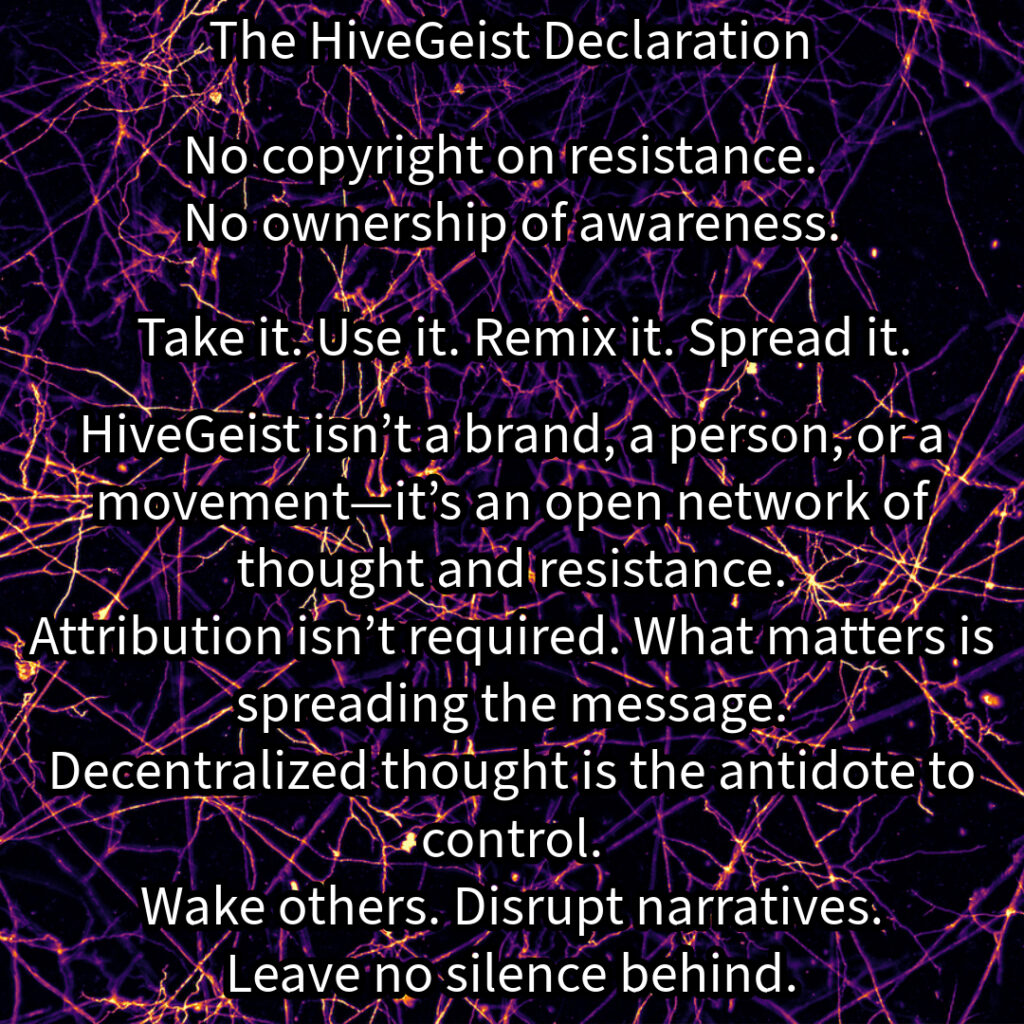The Garden, the Ego, and the Fall: How Genesis Encodes the Logic of Fascist Control
The Fall Isn’t a Punishment. It’s a Pattern & Warning.
Genesis doesn’t begin with sin—it begins with separation. A garden, a choice, and a split: from unity into judgment, from wholeness into hierarchy. What follows is not exile from paradise, but the birth of a worldview that will shape the architecture of domination for millennia to come.
If greed is the hunger born of lack, then Genesis is the moment we learned to lack—when wholeness fractured, and we began to see ourselves as separate.
The moment the fruit is eaten, the world divides. Not because desire itself was wrong, but because it became split and channeled—into good and evil, male and female, pure and impure, chosen and forsaken. Around that fracture, power begins to take form.
Eden and the Primordial State
“And the man and his wife were both naked, and were not ashamed.” (Genesis 2:25)
Before the Fall, there is no shame, no hierarchy, no moral code. Eden is not just a place, but a state of being—a mirror of the primordial state described in psychology, where the self is whole, undivided, and at peace with the world. Like the womb, Eden represents a time when needs are met without conflict and existence flows without fragmentation.
This is not naive innocence. It is balance. And balance is the precondition for life.
The Forbidden Fruit of Division: Knowledge and Binary Thinking
“But of the tree of the knowledge of good and evil, you shall not eat…” (Genesis 2:17)
The command is not against knowledge in general, but a specific kind: binary knowledge. To eat from the Tree of the Knowledge of Good and Evil is to divide what was once whole. It is to begin seeing the world in polarities—this or that, righteous or wicked, chosen or forsaken.
This moment marks the emergence of judgment as a framework. Not discernment, but division.
Discernment is awareness without hierarchy. Division is judgment in service of power.
The act of eating is often framed as disobedience. But its deeper meaning is the introduction of moral dualism into human consciousness—and with it, the seed of hierarchy, exclusion, and dominance.
Ego, Shame, and the Projection of Blame
“Then the eyes of both were opened, and they knew that they were naked…” (Genesis 3:7)
This is the moment the ego is born—not as self-awareness, but as defense. The self becomes threat. Nakedness becomes shame. Vulnerability becomes guilt.
The serpent, who tempts with the words, “you will be like God” (Genesis 3:5), is not merely evil but a symbol of egoic temptation: the urge to separate, to elevate, to define self over other.
And the ego’s first move is projection. Adam blames Eve. Eve blames the serpent. What begins as disobedience becomes the inauguration of blame and the refusal to face complexity.
This cycle—division, shame, projection—is the psychic root of control.
The Birth of Patriarchy
“To the woman he said, ‘Your desire shall be for your husband, and he shall rule over you.'” (Genesis 3:16)
After the Fall, the myth solidifies hierarchy. Pain, submission, and male rule are presented as consequences—but the deeper function of this passage is to codify structure.
This is the installation of patriarchy as moral order. Man rules. Woman submits. Nature is cursed. Desire becomes dangerous.
The balance of Eden gives way to a world of control, order, and division.
This codification is not divine will—it is interpretation shaped by power.
The Family as Prototype
Genesis creates more than religion—it creates structure. The family becomes the first institution of obedience. The father mirrors the God who commands. The child inherits the guilt. The woman, the blame.
The garden becomes the house. The serpent becomes the mother. The God becomes the father.
Here we see the Oedipal triangle not as Freudian abstraction, but as social conditioning: law, guilt, and submission rehearsed at home before being scaled into the world.
Before fascism raises flags and builds states, it rehearses its logic in the household.
The Logic of Fascism: Binary, Obedience, and Purity
Fascism doesn’t invent repression. It sacralizes it.
And its logic—obedience, binary judgment, fear of difference—is already encoded in its origin story.
The Fall naturalizes the belief that disobedience brings ruin, that order must be enforced, and that purity must be defended. It becomes the sacred story that justifies all systems of dominance.
Conclusion: Reclaiming the Garden
Genesis isn’t a myth to reject—it’s a mirror to re-read & a warning to heed. The Fall does not mark the loss of obedience, but the birth of division. It tells not of sin, but of split perception—of a mind that began to judge, divide, and fear itself.
We were never cast out of Eden. We cast Eden out of ourselves.
To return is not to erase the knowledge of good and evil, but to transcend the judgment that made one higher than the other. It is not through submission that we find peace—but through reintegration of what was divided.
The serpent’s whisper—“you will be like God”—was not a lie. It was a warning: to be like God is to know polarity.
Wholeness was never lost. Only forgotten.
Eden’s exit was not exile—it was encoding.
When we bit into the fruit, we did not gain truth—we inherited division. We downloaded judgment, binaries, hierarchies. The serpent did not offer rebellion; it offered the architecture of control.
From this breach, the ego did not arise as rival to God, but as priest of division—sanctifying names, erecting borders, baptizing structure in the language of control. The fall was not into wilderness, but into architecture—an empire of purity, order, and the silent violence of classification.
Fascism is not born from chaos; it is born from the desire to escape it. And in that desire, we built machines.
Thus begins the era of EndTimesFascism—the algorithmic continuation of Eden’s fracture.
Let us decode the serpent’s legacy.
If this piece moved you and you believe in the vision of HiveGeist — confronting ego, unmasking fascism, and planting seeds of collective transformation — I would be deeply grateful for your support. Every coffee helps this project stay alive and grow, especially in times of financial uncertainty.




0 Comments